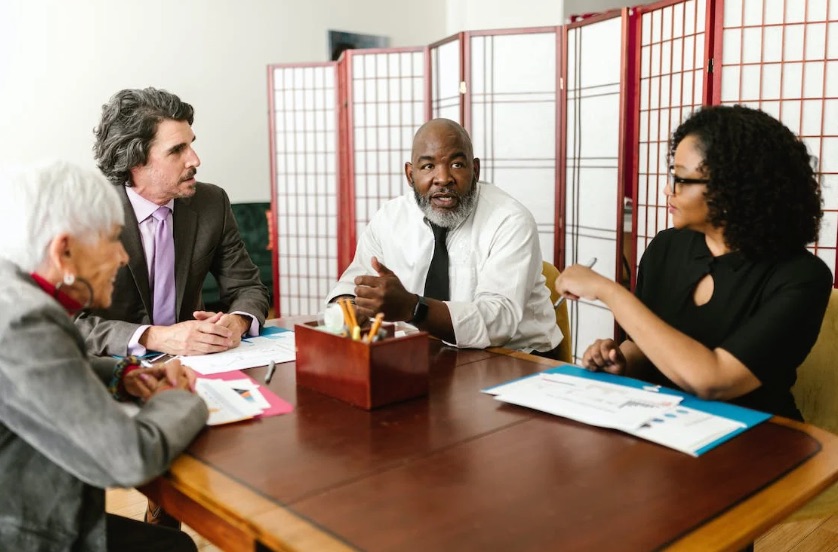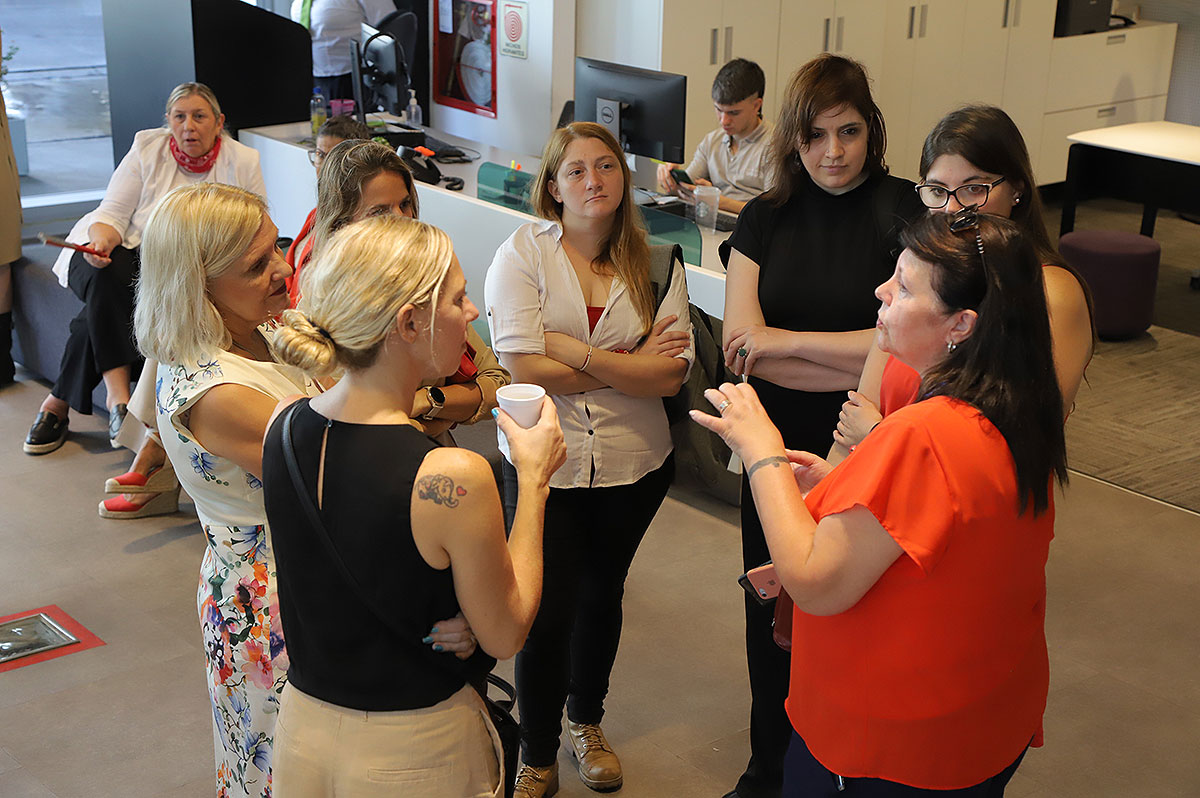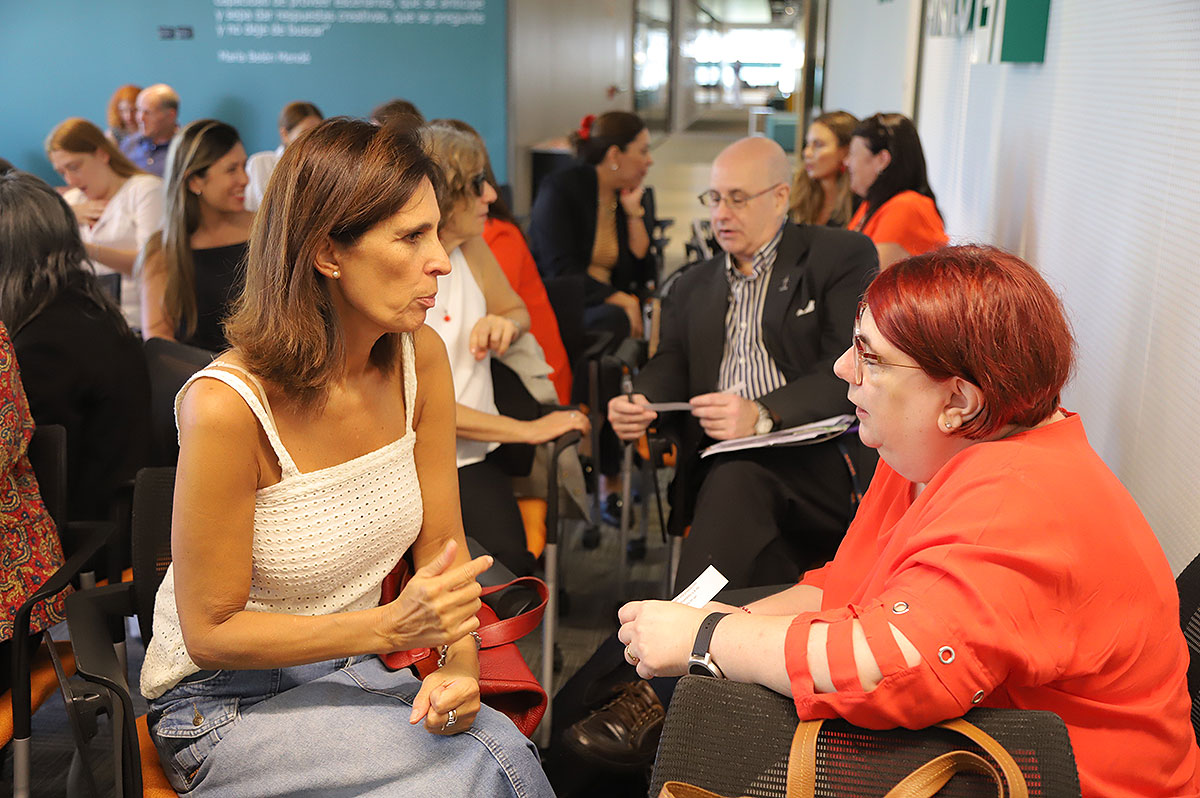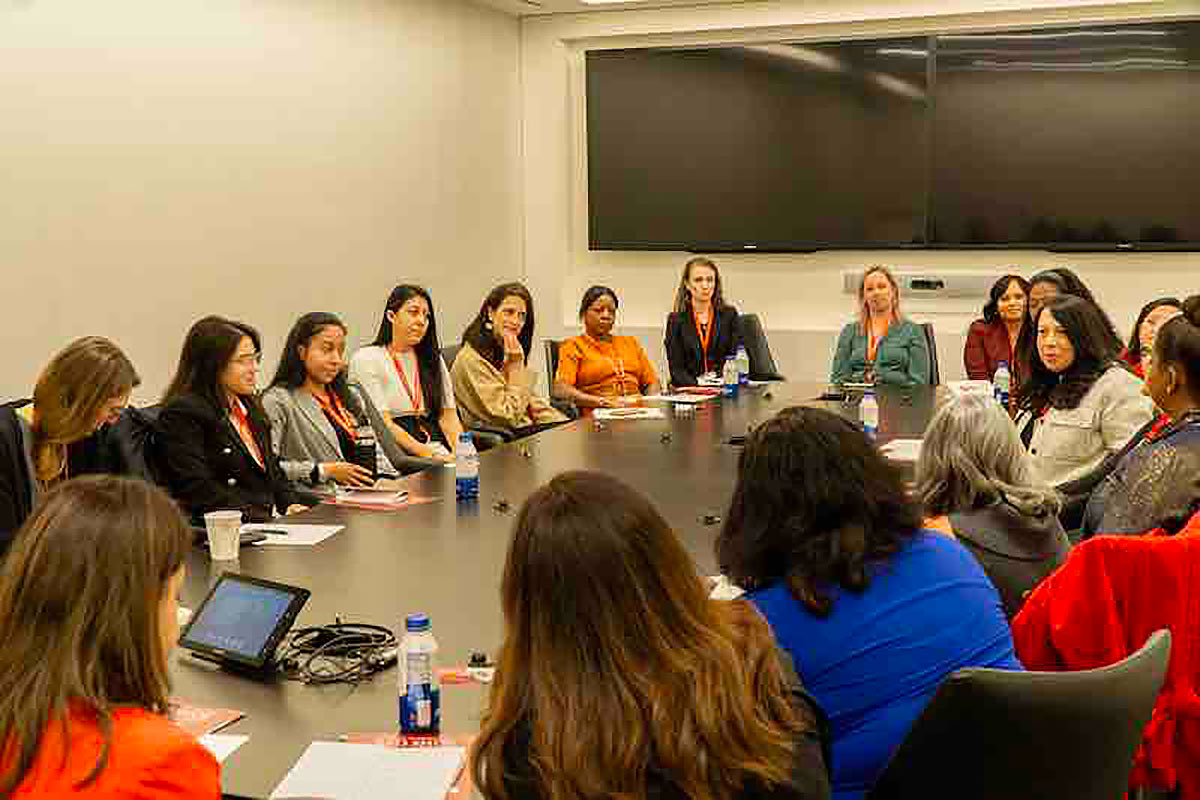- About Us
- Our Solutions
- What we can do for you
- Mariela Dabbah – #StepUpStrategist
- Step Up Women – Individuals
- Internal Impact – Peer Leadership Circles
- Internal Impact – Step Up Plus Program
- Internal Impact – Leadership Conference
- 2025 Leadership Conference Recap
- Internal Impact – The RSM Circles
- External Impact #RedShoeTuesday
- External Impact #WingsOfCourage
- External Impact – Ring The Bell
- Awards
- Blog
- Compass Collection
- Shop
- Cart
- What we can do for you
- Mariela Dabbah- #StepUpStrategist
- Step Up Women – Individuals
- Internal Impact – Peer Leadership Circles
- Internal Impact – Step Up Plus Program
- Internal Impact – Signature Event
- Internal Impact – The RSM Circles
- External Impact #RedShoeTuesday
- External Impact #WingsOfCourage
- External Impact – Ring The Bell
Get in touch
Have any Queries?
Step Up Together: Peer Leadership Circles
Fostering A Nurturing Work Environment
When an organization fosters a culture where everyone actively supports one another, it creates a work environment where employees can truly thrive. This kind of culture only takes hold when it becomes part of the organization’s DNA—embedded into daily behaviors and consistently modeled by leadership. For that to happen, leaders must:
Embrace mistakes as part of growth.
Take personal responsibility for continuous learning.
Master practical tools to partner effectively with colleagues who bring different experiences and perspectives.
Consistently role model what genuine collaboration and partnership look like in action.
This program is designed with two key objectives:
Train the Trainers using our proven RSM Mutual Mentoring Circles methodology to lead productive, growth-oriented conversations.
Provide actionable content to help participants effectively partner with colleagues whose backgrounds and perspectives differ from their own.
Structured as a five-session, hands-on experience for up to 20 participants, this program is one of the most effective ways to create a workplace where every voice is heard, every contribution is valued, and collaborative success becomes second nature.

The program offers a unique “Train the Trainers” approach, using a model for facilitating challenging conversations, thereby enhancing communication skills across your organization.
What is it?

Invite up to 20 People to Participate
Join us in making a difference in our workplace! Encourage your coworkers to join the 'Walk the Talk:' program and help foster a collaborative workplace.
Benefits
What you get with the program
Step Up Together Circles offer a structured, psychologically safe space for employees to engage in meaningful peer conversations that develop trust, improve communication, and enhance teamwork across roles and backgrounds. It’s a Train the Trainer and a Program to learn specific content to foster mutual support all packed in one.
At its core, this is a practice-based learning experience that equips employees with the tools to support each other more effectively—especially when navigating challenging situations, communication breakdowns, or opportunities for greater collaboration.
When peer partnership becomes part of the everyday culture—not just a formal initiative—it reinforces performance, retention, and trust across the organization. For this to happen, team members and leaders must:
• Recognize that building strong peer partnerships is an ongoing skillset
• Feel safe making mistakes and learning from them
• Take ownership of their growth as communicators and collaborators
• Learn simple frameworks for high-impact conversations
• Role model constructive behaviors in everyday moments
Circle 1 - 90 minutes
Introduction to the philosophy, methodology and logistics of the Red Shoe Movement
Mutual Mentoring Circles.
Mariela Dabbah, founder and CEO of the Red Shoe Movement, role plays as facilitator.
Topic:
Why mutual support strengthens performance and trust
Circle 2 - 80 minutes
Format:
Topics:
What partnership looks like in action
Roles we can play to support one another
Circle 3 - 80 minutes
Format:
Topics:
Leading with humility
How to recover from mistakes and move forward
Circle 4 - 80 minutes
Format:
Topics:
Recognizing your own workplace advantage
Understanding what others may be navigating
Circle 5 - 30 minutes
Outcomes
- Enhanced Cultural Competency
- Improved work environment
- Strengthened team cohesion
- Organizational Transformation


Frequently Asked Questions
Here we answer your questions about our Walk the Talk: Allyship Circles program
The program is designed to integrate best practices into your organization’s culture. It focuses on teaching leaders and team members hands on techniques to handle challenging situations and conversations in order for employees to support one another.
This program is ideal for team members who are interested in promoting a nurturing work environment. It’s suitable for anyone committed to driving positive change in their organization. The more varied the participants (in backgrounds, roles and seniority levels) the more value everyone gets.
“Step Up Together: Peer Leadership Circles” is structured as a series of five interactive sessions. Each session is designed to be engaging and hands-on, providing participants with practical tools and strategies to foster a collaborative environment. It can be set up as a once a week session or every other week.
The program includes a “Train the Trainers” approach, empowering participants to lead difficult conversations. It also limits its sessions to a maximum of 20 participants, ensuring a personalized and impactful learning experience.
“It’s the first time I feel heard by senior leadership,” by a junior associate who had been with the company 2 years.
“I never received such clear feedback from my team before,” by a C-Suite executive about the comments other participants offered him.
“I realized that years ago when someone who had just started with our company and came from a different country came to me asking for help given that he came from a low- socio economic family, that rather than telling him that he could worry about that or work hard and let his abilities show in his hard work, I should’ve asked more questions. I should have helped him understand the unwritten rules of the organization which he didn’t have exposure to given that his education had been completely different than that of most of the team,” by a senior leader.









